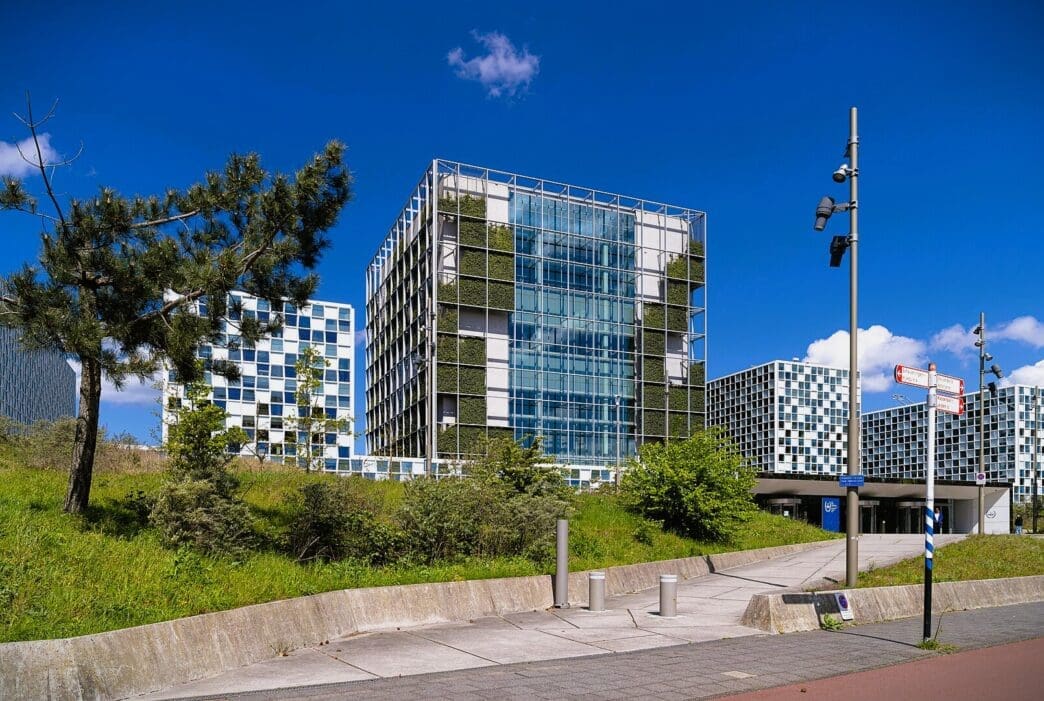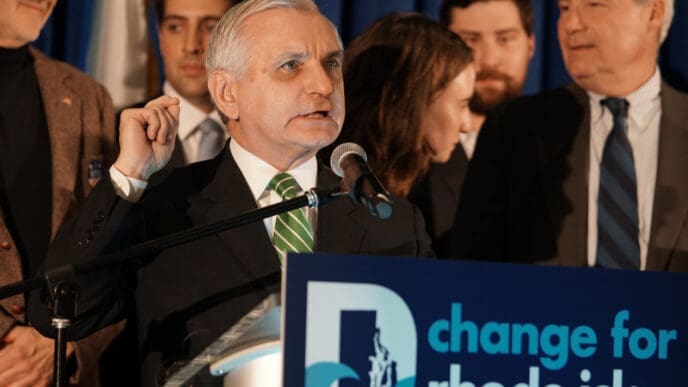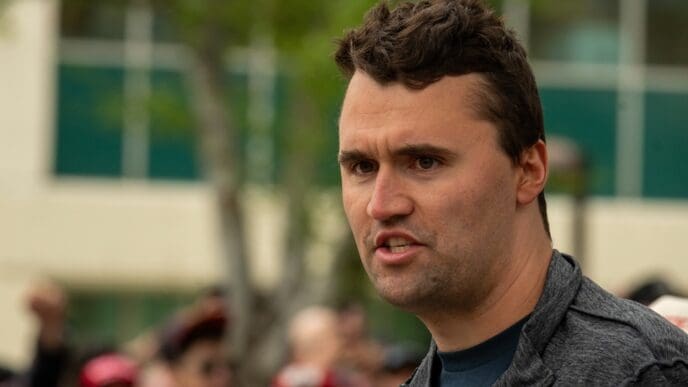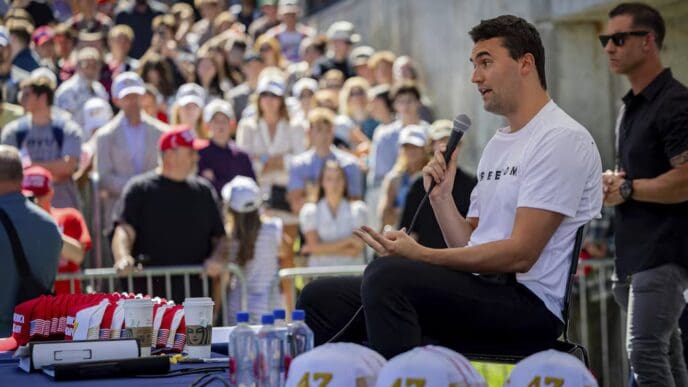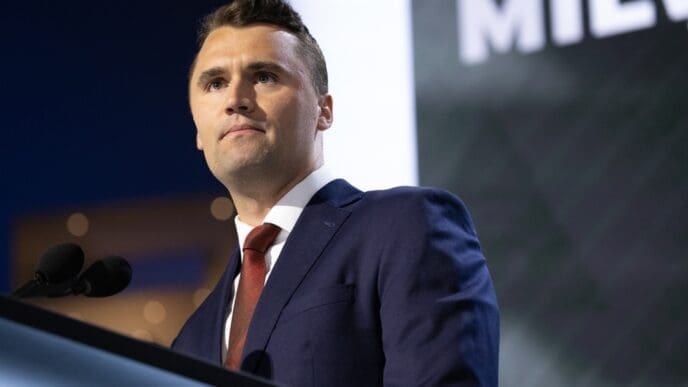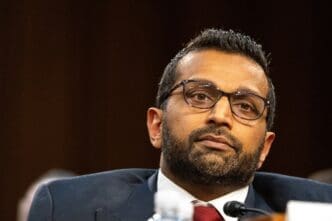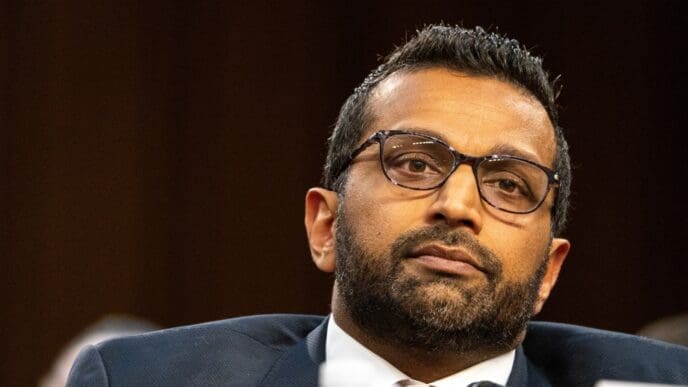Executive Summary
The Story So Far
Why This Matters
Who Thinks What?
The Trump administration imposed sanctions on four additional officials from the International Criminal Court (ICC), escalating its opposition to the body’s investigations into alleged war crimes involving U.S. and Israeli personnel. Secretary of State Marco Rubio stated the State Department designated Kimberly Prost of Canada, Nicolas Guillou of France, Nazhat Shameem Khan of Fiji, and Mame Mandiaye Niang of Senegal for their roles in the ICC’s efforts to investigate, arrest, detain, or prosecute nationals of the United States or Israel without their consent.
Sanctions and Executive Order
These sanctions were enacted under an executive order issued by President Donald Trump in February, which authorizes punitive measures, including financial sanctions and potential entry bans, against ICC personnel. The order cites the ICC’s “illegitimate and baseless actions targeting America and our close ally Israel” as the basis for these measures. Previously, the executive order had been used to sanction ICC chief prosecutor Karim Khan and four ICC judges.
A State Department fact sheet further detailed the specific reasons for the new designations. Kimberly Prost was sanctioned for her ruling that authorized the ICC’s investigation into U.S. personnel in Afghanistan. Nicolas Guillou was designated for his role in authorizing the issuance of arrest warrants for Israeli Prime Minister Benjamin Netanyahu and former Minister of Defense Yoav Gallant. Deputy Prosecutors Shameem Khan and Mame Mandiaye Niang were sanctioned for their continued support of ICC actions against Israel, including upholding the arrest warrants targeting Prime Minister Netanyahu and former Defense Minister Gallant, which were issued in November 2024 for alleged war crimes and crimes against humanity.
International Reactions
The International Criminal Court vehemently condemned the Trump administration’s decision, characterizing the sanctions as a “flagrant attack” on the institution. The ICC affirmed its commitment to fulfilling its mandates, stating it would proceed undeterred and in strict accordance with its legal framework, irrespective of external restrictions, pressure, or threats.
Reactions from other nations and leaders varied. Israeli Prime Minister Benjamin Netanyahu praised the sanctions, calling the move a step towards “truth and justice.” Conversely, France urged the United States to withdraw the sanctions, highlighting the international divide on the ICC’s jurisdiction and the U.S. stance.
The Trump administration’s imposition of sanctions on ICC officials underscores a significant point of contention regarding international legal authority and national sovereignty. The move reflects a broader effort by the administration to challenge the ICC’s jurisdiction over U.S. and Israeli citizens, drawing both support and condemnation from the international community.


